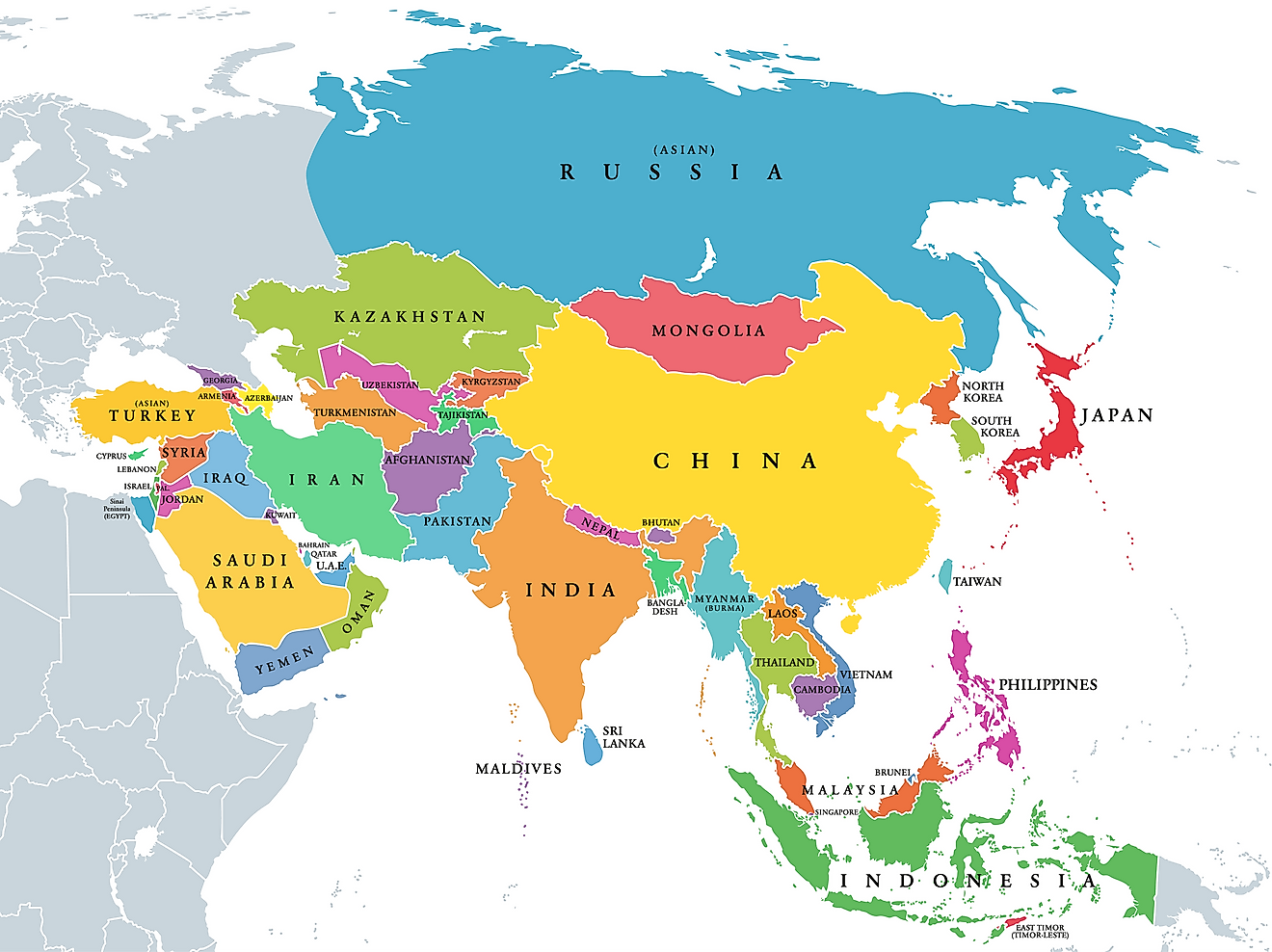Algerian Culture, Customs, and Traditions

Algeria is a North African country. The culture, traditions, and customs of the country are influenced by the indigenous people of Algeria. The major communities that have contributed to the history of the country are the Berbers, Byzantines, Andalusians, and the French. As a country bordering the Mediterranean Sea, Algerian’s tradition and culture is influenced by early sea voyagers such as Spain, Phoenicians. Turks, Italian, and Arabs. However, most Algerians identify with Arabian culture.
Music
The most common genre of music is raï. The music melodies have been in use for a long time though currently it is pop flavored. Though the older generation prefers Shaabi music, the popularity of raï cannot be ignored. Tuneful melodies of the music form a mixture of raï, folk, and British hip-hop is the universally accepted genre.
Mode of Dressing
Dressing in Algeria is conservative especially for women due to the Islamic faith. Traditional dresses include the kaftan, djellaba, burnous, and gashabiya.
Literature
The roots of Algerian literature can be traced to the ancient Roman and Numidian era. Most of the traditional literature dwells on the ideologies of the Sanusi family, Ben Badis, and Emir Abdelkader. Modern literature is split between French and Arabic. Poetry has been popularized by Moufdi Zakaria and Mohammed Al Aid. Prominent novelists include Mohammed Dib, Kateb Yacine, and Rachid Mimouni.
Algerian Cuisine
Algeria is traditionally referred to as the “granary of Rome” due to a variety of traditional dishes. Food and cooking styles borrow heavily from Arabic, Amazigh, and French cuisines. A blend of Mediterranean chili peppers and spices are featured in many meals. Couscous is the main cuisine and is served with stew. Other traditional cuisines include chakhchoukha, brik, and doulma. Though the cuisine is diverse and rich, the main component is cereals. Traditional cakes are made based on customs and habits of individual homesteads. Such cakes include baklawa, chrik, tamina and tcharak.
Visual Arts
At the beginning of the twentieth century, artists recuperated patterns and models imposed by the French. During the struggle for independence, artists expressed the feeling of the people. Visual arts are traditionally used as an avenue to remember history and reflect on social issues. Artists use art to reconnects with history and also express the invisible. The rich cultural legacy of the Berber is vividly expressed by the artists. Exhibitions are organized to give a forum to painter, poets and filmmakers. Artistic work is integrated into architectural work, pottery, weaving, and metal work.
Games and Sports
Algerians have a sporting culture with the Aures community playing various games such as chess and El Kherdha. Playing of cards and checkers forms Algerians traditional engagements. Cultural recreation games include racing and rifle shooting. The sporting culture is so embedded that Algeria was the first African country to win a gold medal in the 1928 Olympics in Amsterdam. Football is also popular with numerous footballers’ names engraved in the hall of honor due to their prowess in the game. In 1982, the Algerian football team played in the FIFA World Cup.











